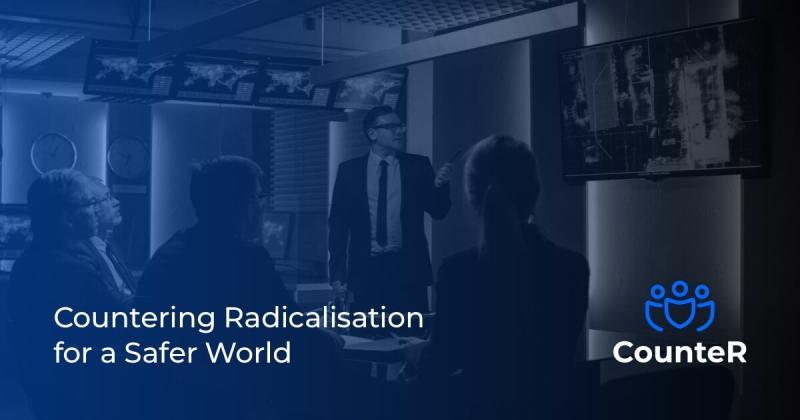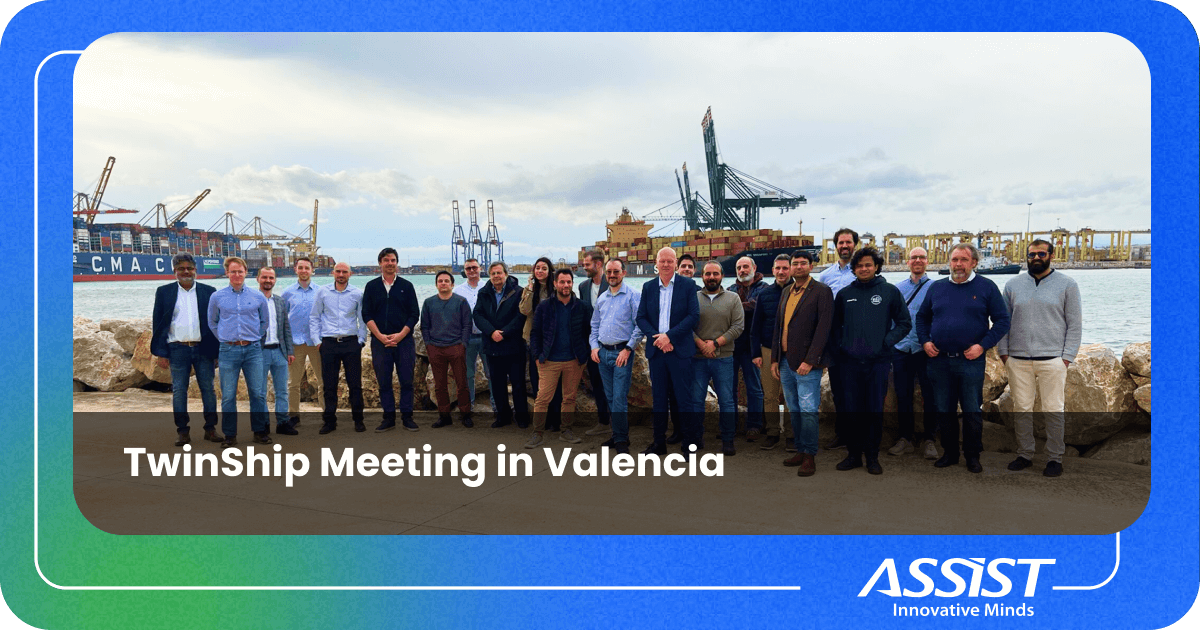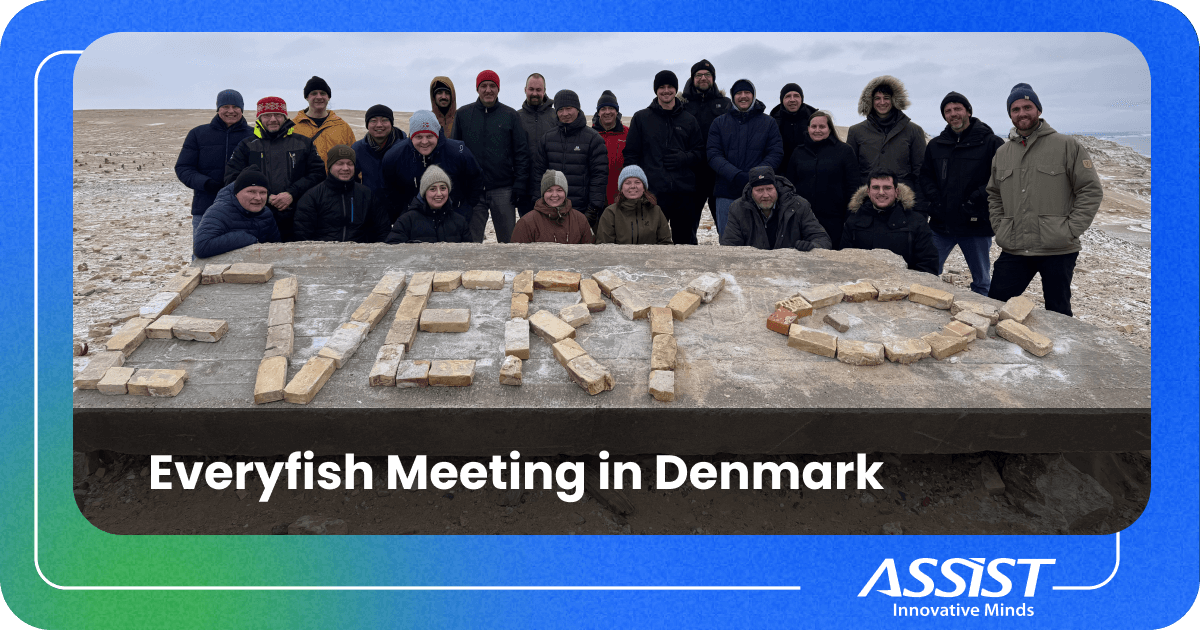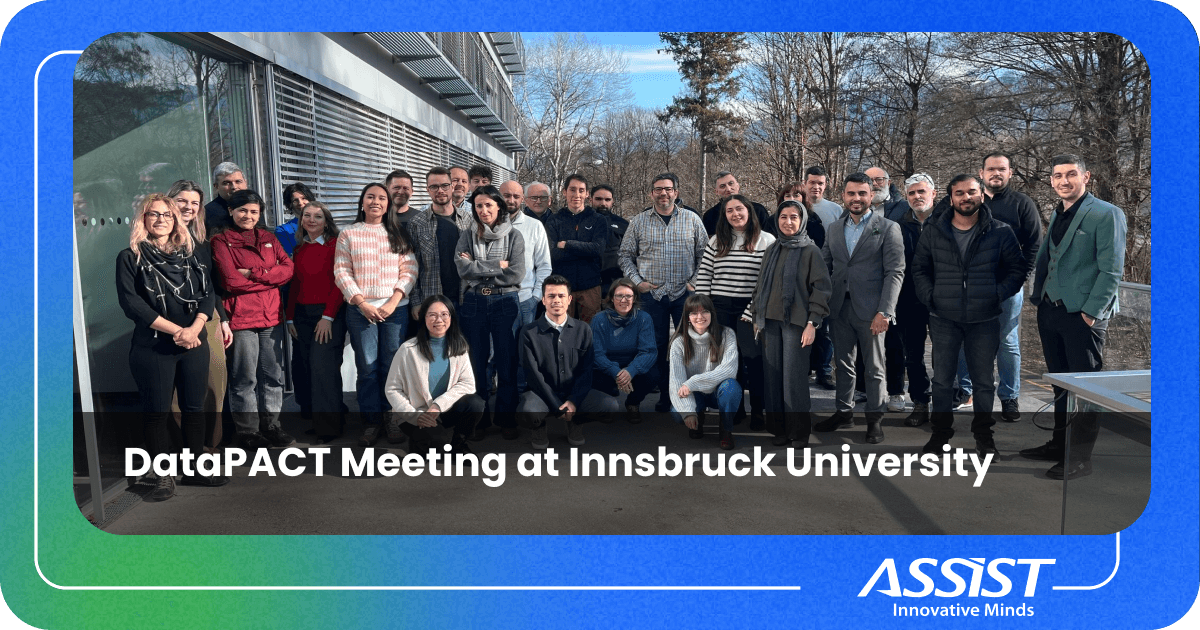19 Organizations from 11 EU Member States Unite Efforts to Counter Radicalisation and Violent Extremism - CounteR

With funding from the European Commission, H2020 program, 19 organizations from 11 EU Member States including SMEs, NGOs, and industrial, research and academia entities, along with six public law-enforcement agencies in the domains of justice, police, and internal security, on May 1, 2021, started a three-year project for supporting the fight against radicalization and thus preventing future terrorist attacks.
Radicalization, enabled by online propaganda and offline indoctrination, has been the main driver for violent terrorism in virtually every terrorist attack, in Europe and globally, over the last decade.
Under this project, an open platform for analysis and early alert - the CounteR solution - will be launched, collecting and analyzing data from dispersed sources in order to predict critical communities at risk of radicalization and violent extremism and aid law enforcement to more easily detect radicalization processes.
The system aims at supporting the fight against organized (cyber) crime and terrorism threats and at fostering information-sharing and collaboration between diverse European agencies in charge of countering radical propaganda, fundraising, recruitment, and planning of terrorist acts. The CounteR project will develop a tool for taking down quickly and accurately the terrorism content online, and, at the same time, preserve the privacy protection and data anonymization of the content.
“The CounteR platform aims to be a frontline policing tool that looks at risk factors at the community level for the law-enforcement agencies to be able to understand the when, where, and why of radicalization and, therefore, allow them to implement more effective prevention programs. To date, technology has been focusing on detecting rather than on preventing. CounteR will leverage online data tracking, combined with culture-dependent and socio-psychological knowledge”, Jennifer Woodard (CEO of INSIKT Intelligence) said.
The system will cover data from dynamic sources such as social media and a wide range of offline open sources, combined with world-renowned expertise in the psychology of radicalization. The information gained by the system would allow law enforcement agencies and other community stakeholders to employ counter-narratives to extremist propaganda and manipulation rather than relying solely on surveillance.
“The CounteR solution will target hotspots of radicalization rather than surveilling individuals. This is a key point in protecting the privacy of citizens, an issue that has been of great concern to policymakers and law-enforcement agencies alike, who must balance the important work they do with the need to comply with legal, regulatory and ethical frameworks”, Catalin Trufin (Head of EU Projects at ASSIST Software SRL) shared.
In spite of the massive efforts being made by both the EU and the European and international law enforcement agencies in recent years, radicalization - online in particular - is harder to stop than ever, especially in the context of social disruption caused by the COVID-19 pandemic.
A project kick-off e-meeting held on May 19-20, 2021, outlined the collaboration mechanisms between the 19 partners in the CounteR consortium, the project timelines, expected outcomes, along with other organizational matters related to the activity implementation.
The CounteR consortium brings together an illustrious group of international subject-matter experts in counterterrorism, radicalization, and privacy law, six European law enforcement agencies with practical in-field knowledge, as well as a group of technical SMEs and academic partners.
For more information about the CounteR project, please visit https://counter-project.eu
The CounteR project has received funding from the European Union’s Horizon 2020 research and innovation program under grant agreement No. 101021607.



